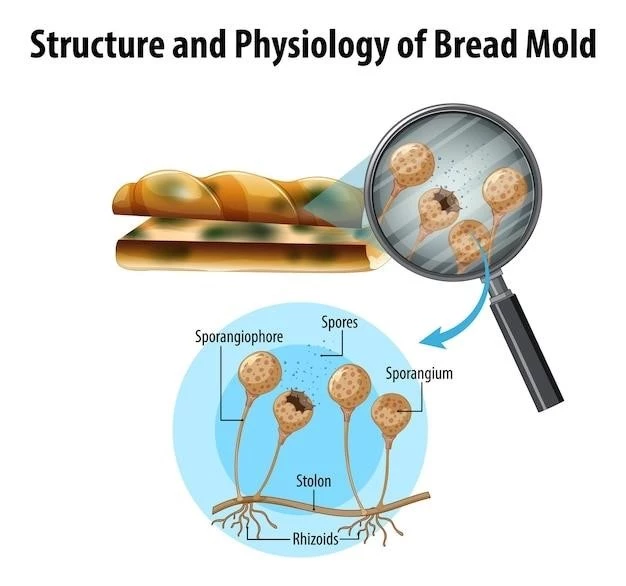INTRODUCTION. The porphyrias are a group of genetically inherited disorders caused by enzyme deficiencies in heme biosynthesis. One type, hereditary coproporphyria (HCP), is an acute hepatic porphyria with neurovisceral symptoms.
Understanding Porphyria
Porphyria is a group of genetically inherited disorders resulting from enzyme deficiencies in heme biosynthesis. One specific type, hereditary coproporphyria (HCP), is characterized by acute neurovisceral symptoms and is considered an acute hepatic porphyria.
Genetic Inheritance and Causes
Porphyria is a group of genetically inherited disorders due to enzyme deficiencies in heme biosynthesis. Hereditary coproporphyria (HCP) is an acute hepatic form with neurovisceral symptoms.
Autosomal Dominant Inheritance
Hereditary Coproporphyria (HCP) is classified as an acute hepatic porphyria with neurovisceral symptoms, inherited in an autosomal dominant manner. The deficiency of the enzyme coproporphyrinogen oxidase, coded by the CPOX gene, leads to this condition.
Symptoms and Manifestations
Hereditary coproporphyria (HCP) presents with acute neurovisceral symptoms, commonly marked by discrete episodes of stomach pain, nausea, vomiting, weakness, and peripheral pain.
Neurovisceral Symptoms
Hereditary coproporphyria (HCP) exhibits acute neurovisceral symptoms, such as stomach pain, nausea, vomiting, weakness, and peripheral pain, which may escalate gradually over several days, often starting in the abdomen.

Diagnosis and Treatment
Diagnostics for Hereditary Coproporphyria (HCP) involve enzyme deficiency testing. Treatment aims to manage symptoms and prevent acute attacks through lifestyle adjustments and medical therapies.
Testing for Enzyme Deficiencies
Diagnosis of Hereditary Coproporphyria (HCP) involves testing for enzyme deficiencies, specifically the deficiency of the enzyme coproporphyrinogen oxidase, coded by the CPOX gene. Genetic testing plays a crucial role in identifying the genetic mutations responsible for HCP.
Management Strategies and Prognosis
Lifestyle adjustments and medical therapies are key in managing Hereditary Coproporphyria symptoms and preventing acute attacks. Prognosis can be improved with early diagnosis and appropriate interventions.
Lifestyle Modifications and Preventive Measures
Lifestyle modifications are crucial in managing Hereditary Coproporphyria. Preventive measures include avoiding triggers like certain medications, alcohol, fasting, and sun exposure to reduce the risk of acute attacks and minimize symptoms.

Research and Future Perspectives
Ongoing studies explore new therapeutic developments for Hereditary Coproporphyria, aiming to enhance treatment efficacy and improve patient prognosis. Research focuses on better understanding disease mechanisms and developing targeted interventions.
Ongoing Studies and Therapeutic Developments
Current research focuses on advancing therapeutic interventions for Hereditary Coproporphyria (HCP) to enhance patient outcomes. Studies aim to unravel the genetic mechanisms underlying HCP and develop targeted treatments to manage acute neurovisceral symptoms effectively.
